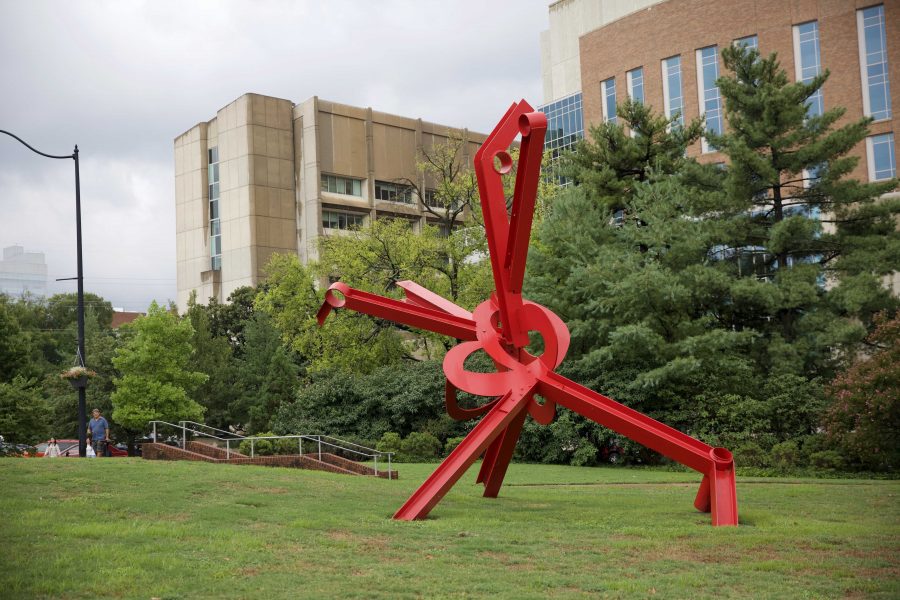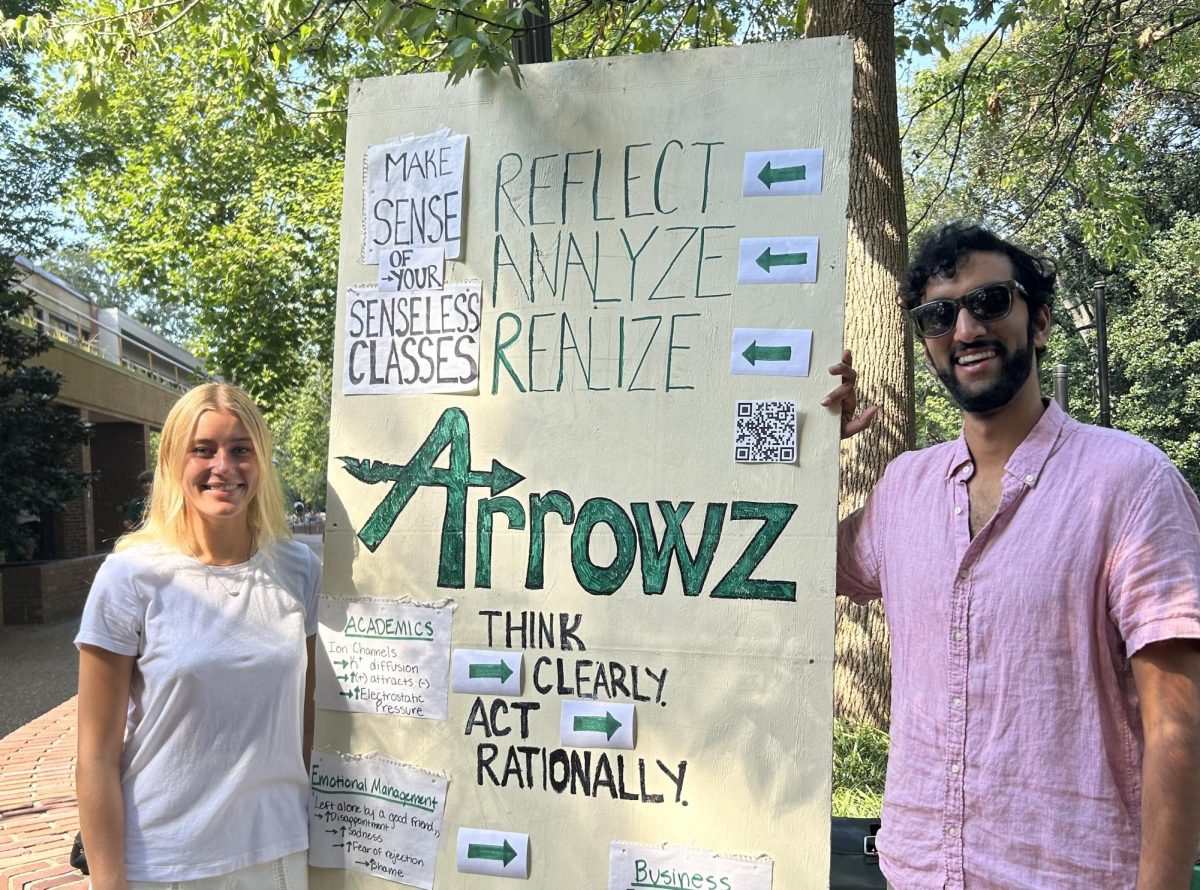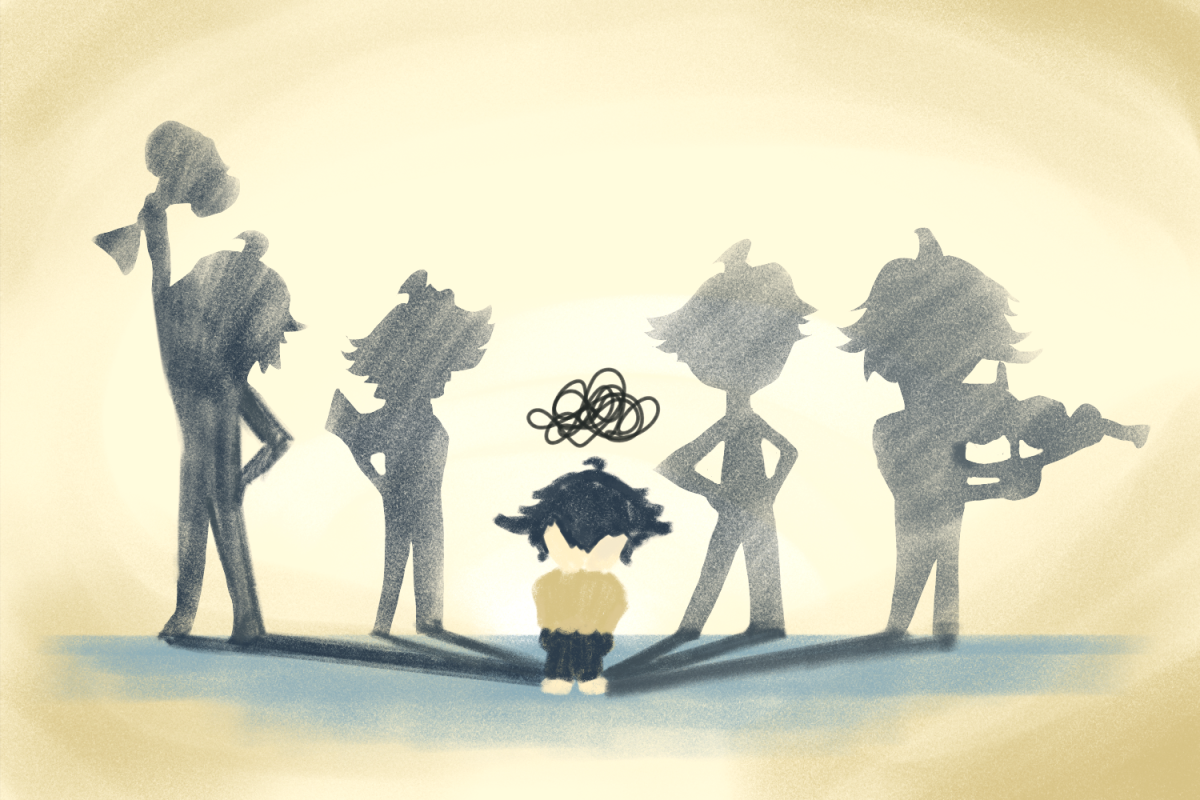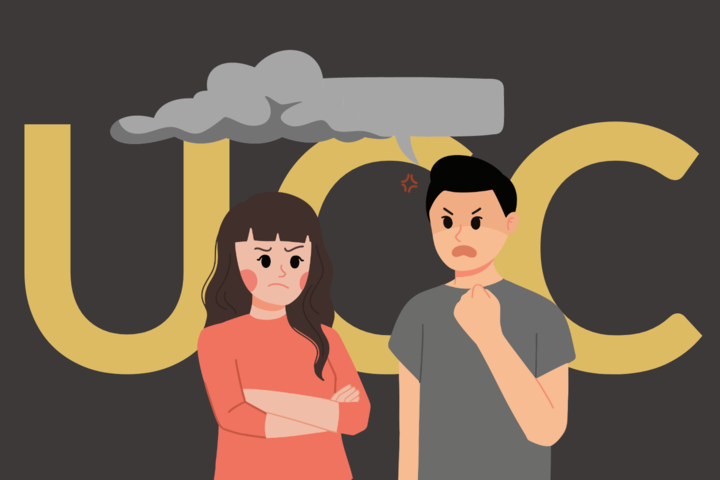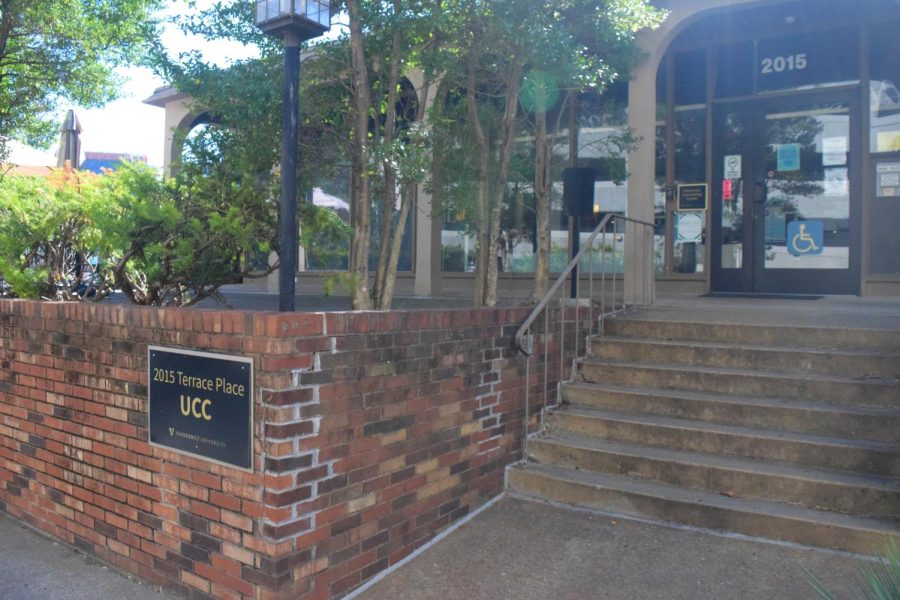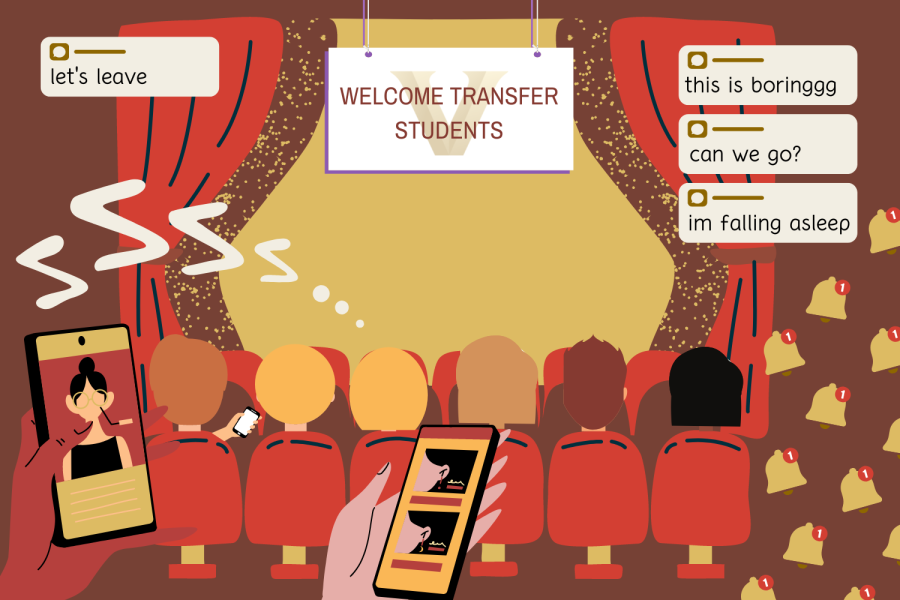Vanderbilt’s mental health resource provider, the University Counseling Center (UCC), officially launched this summer after undergoing a number of changes as it transitioned from its former operations as the Psychological Counseling Center. The office is no longer a part of Vanderbilt University Medical Center (VUMC) and is now located under the Dean of Students Office within the university proper as part of a larger effort to integrate mental healthcare with university operations.
“The cons were that, as a clinic of the VUMC, we lost the contact with the students,” Associate Director Adriana Kipper-Smith said. “We would see students – undergraduate, professional – but there was very little communication as far as what was going on, what kinds of trends and themes we were seeing. So I think coming back to VU and being part of the Student Care Network is very important to us, because I think that fits our model way better, in the way we want to communicate and be part of outreach and education, not only as clinical providers.”
Kipper-Smith explained that the office’s name change is an outward representation of this shift.
“I think it’s rebranding. University Counseling Center rather than Psychological Counseling Center was more like to say, okay, we are part of the university,” Kipper-Smith said. “Although our mission has remained pretty much the same, the way we function is slightly different. We’re trying to meet their needs in a more integrative, effective and prompt way.”
As an effort to meet students in the spaces where they are most comfortable, the UCC has also expanded their liaison and Let’s Talk programs. Liaisons work with other resource centers on campus, like the K.C. Potter Center or the Black Cultural Center, to provide a link to mental health resources in those spaces, while the Let’s Talk program places counselors in locations across campus for students who need informal, drop-in help.
“That way we can be like physically present at other locations on campus,” UCC Director Todd Weinman said. “So for students who may have different barriers, whether it’s physical or whether it’s hesitancy to come for professional help here, then we’re going to reach them and come up with a plan to help them.”
A new electronic health record for the UCC builds on the changes happening in the transition, and will be more tailored to a counseling center setting than previous health record options. In addition, there will be expanded evening hours on Tuesdays and Wednesdays.
The UCC will also be collaborating with the Office of Inclusion Initiative and Cultural Competence to create a similar, permanent open space in Sarratt that will be called “The UCC at the IICC.” According to Weinman, these types of programs, as well as the overall integration of the Student Care Network, will hopefully help reduce the stigma surrounding mental health.
“We’re trying to figure out what are the different pathways, and not seeing counseling as the be-all-end-all goal for everyone, but more, it’s one option of many,” Weinman said. “And if we can have those partnerships and not be just waiting for students to come through the door, we’re actually out there in the community building relationships. That makes all the difference.”
Our goal is really to have every provider, no matter what their training, no matter what their background, to be able to effectively sit with any student on this campus and be helpful
Perhaps the biggest change is the number of new psychiatric providers, counselors and therapists that have been hired. By September, 13 new staff members will be hired, meaning that about a third of the team will be new. In addition to hiring more professionals, the UCC leadership is focusing on not only hiring more culturally and racially representative providers, but also on culturally responsive practices in healthcare.
“I don’t really love the phrase culturally competent, though, because it sounds like a fixed goal. And diversity awareness and knowledge is a lifelong process for all of us,” Weinman said. “So we’re always working on it, and we try to create a culture where people can work on their growth. We’re all imperfect, we all have blind spots, we all have privileges, no matter what identity group we’re coming from and we have to recognize that and how that might impact our therapeutic work.”
Diversity in mental health professionals was one of the demands delivered during the Hidden Dores protest in 2015, and was addressed again last year at a town hall hosted by the Chancellor’s Strategic Planning Committee on Mental Health and Wellbeing.
“Our goal is really to have every provider, no matter what their training, no matter what their background, to be able to effectively sit with any student on this campus and be helpful,” Weinman said.
Last year, Vanderbilt began implementing a short term model of care. At the time, some students were concerned that the change would mean a termination of care after a number of sessions. However, Weinman reassured that there will not be a session limit that will be applied to everyone.
“A session limit would be random and really arbitrary, and we want to be a lot more flexible than that and be able to keep some people a little bit longer, and for other people maybe shorter and not be stuck on a number,” Weinman said. “It isn’t like you come in a couple times and you’re done, even if you still have work to do.”
Only about 10 percent of students who come to the UCC need long-term care, and, according to Kipper-Smith, these students used to be utilizing over 30 percent of the office’s resources. In order to meet the needs of as many people as possible, the UCC has been working with off-campus resources to still provide long-term care to the students who need it.
“In the vast majority of cases, it’s the student saying, ‘I know I want a weekly appointment for all of my time here, that’s what I’ve always had.’ So then we can get them connected with someone who can provide that,” Kipper-Smith said.
The Student Care Network is maintaining a discretionary fund to support students for whom financial or transportation barriers would prevent them from being able to access these off-campus resources.
“We also try to connect folks with low-cost community resources, because there are some who are more likely to slide fees and things like that,” Weinman said.
Overall, Kipper-Smith said one of their main goals for the year is fully engaging with and listening to the Vanderbilt community.
“We ask our providers to check in of course- that’s part of the therapeutic alliance. And we are soon going to implement a satisfaction survey, we are just figuring out the best way to do that,” Kipper-Smith said. “Then within the therapeutic relationship, we have forms that are more structured. Sometimes people don’t want to say if they don’t like their therapist. So we have a form so they can give a feedback or rating.”
With all the new changes, Weinman said, feedback from students is imperative to the UCC’s ability to properly provide healthcare.
“We would much rather have a student come back to us and say, ‘Hey, I’d like to switch my therapist,’ than say, ‘The UCC is not the place for me,’” Weinman said. “Because I feel like we have enough diversity and approaches and a range of talents and identities that there’s someone in this building that could be helpful to you.”

